
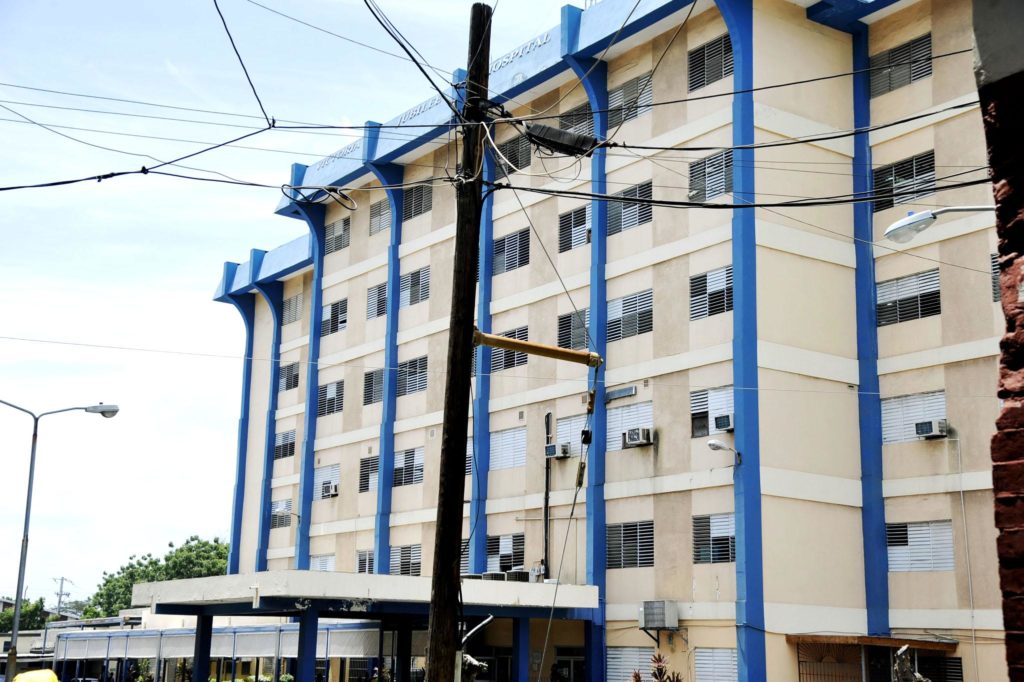
If anyone wanted confirmation about the shambolic state of Jamaica’s healthcare system, then last week’s revelation about the death of 24 newborns in less than one month at Victoria Jubilee Hospital is enough proof.
The VJH is the largest and most equipped maternity hospital in the English-speaking Caribbean. It is the diamond standard of birth centres in Jamaica, although it has been beset by countless challenges for many years.
Every time, true, but horror stories are told by those who feel it, the Government’s public relations machinery hits high gear and tries to deny or downplay them.
The situation even turned to full-blown political blame games when it suited those so hungry for power.
I remember in 2015 when Dr Fenton Ferguson was health minister, the then-opposition Jamaica Labour Party (JLP) launched the most outrageous attack on him when it was revealed that some premature babies had died. There were 18 at the time in the ‘Dead Babies Scandal’ over five months at Cornwall Regional Hospital, UHWI and VJH.
He was shifted to the Ministry of Labour and Social Security soon after, but guess what happened … by the time the Government changed less than a year later, terrible things were happening under the worst minister of health in Jamaica’s history, Dr Christopher Tufton.
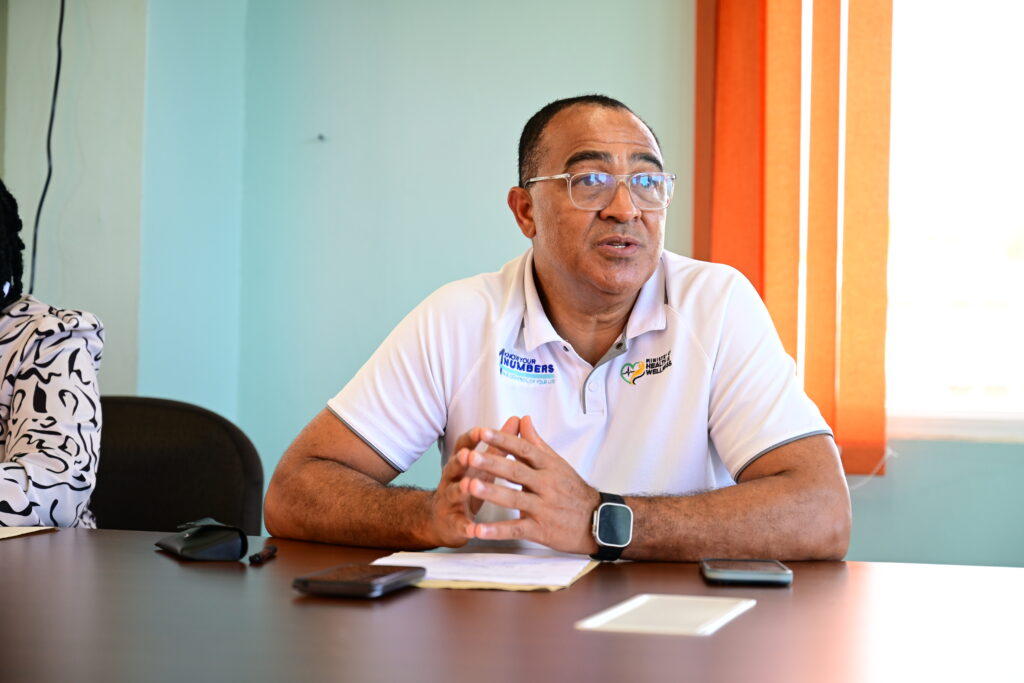
The deaths among neonates jumped into the hundreds since he became minister in 2016, yet, few have said anything. A true demonstration of what political hypocrisy is all about.
Under Dr Ferguson’s watch, there were calls for him to be burnt at the stake, or tarred and feathered by the now prime minister, Andrew Holness; Member of Parliament Daryl Vaz, among others.
Holness politicised it so badly in 2015 with the utterance: “I can hear the spirit of a little baby crying, crying, crying, crying, saying, why didn’t the people keep the Labour Party in? If the Labour Party was in, I would still be alive.”
You see how petty some can get? Now that the shoe is on the other foot, what is happening? Not even a murmur from Holness, who urged the people at the time to vote in the JLP if they wanted proper healthcare. Have we been receiving that kind of healthcare?
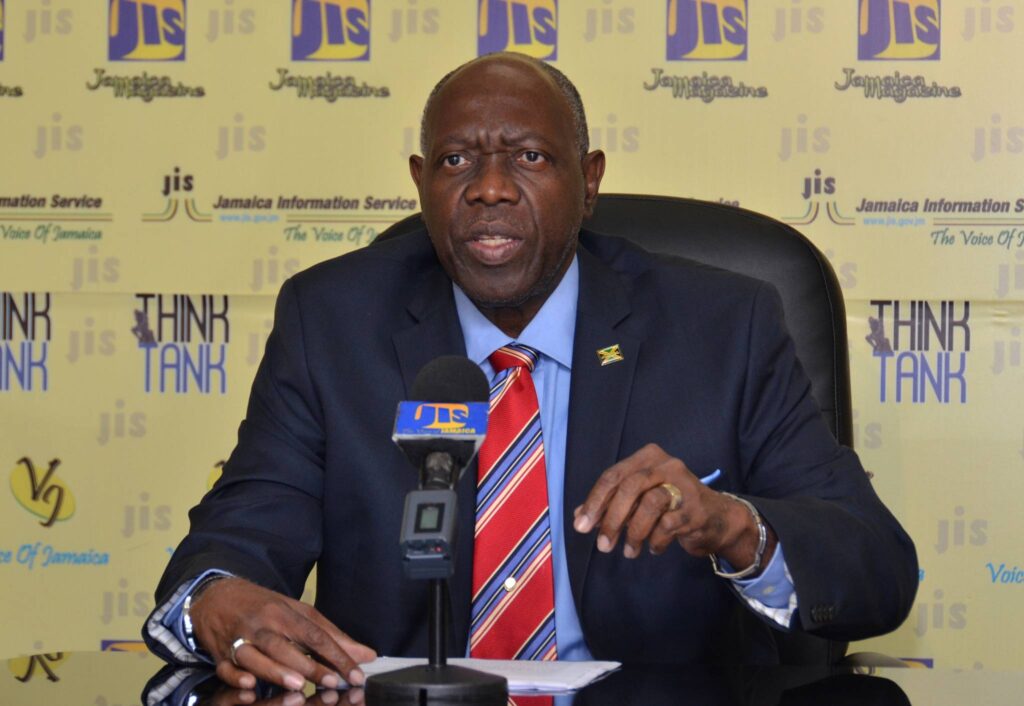
What has happened to the Pan American Health Organization’s (PAHO) comprehensive report and recommendations about how Jamaica should deal with the matter going forward?
Also, what about PROMAC (Programme for the Reduction of Maternal and Child Mortality), in which the European Union donated €22 million to Jamaica for the cause?
There is much more to come.
Eye-openers at University Hospital
Healthcare is something you just cannot ignore. So, when a patient at the University Hospital of the West Indies asked me to fill a medical prescription for him last week, I was surprised that the hospital would be asking patients to take on that responsibility.
But wait! This is Jamaica nuh? Oh yes, well, if something like that can happen at Kingston Public Hospital, why then would it not occur at the UHWI, which is described as not fully government-run?

The long story short, over J$20,000 had to be found to get the drugs, which I am not sure were available at the open-at-anytime UHWI pharmacy. But under such a system, would the hospital not be tasked to get the drugs elsewhere, and even if the patient is to be charged, that could be applied to the bill later?
One of the huge problems that the healthcare system faces is the attitudinal display of healthcare workers, which must be addressed if meaningful gains are to be made. Many people become worse when they visit public health institutions than before they went there. How the nurses, in particular, and some other workers speak to them is not something that ought to be embraced.
My finding is that the attitude of doctors in the same institutions is quite different…far more sober and understanding. But you need all members of the relay team to be clicking if the gold medal is to be won.
While the UHWI remains in the spotlight, I could not ignore a new parking facility on the grounds of the hospital, displaying charges that I have never seen before at any private or public place of healthcare in Jamaica.
You pay J$250 to park for up to one hour; it’s J$500 in excess of an hour and up to two hours. It then becomes J$750 for up to three hours, and for more than three hours and up to 24 hours, you are mandated to pay J$1,000. Oh, there is a daily rate of J$1,000.
So, has the highly-rated hospital now expanded to running a parking business? Let’s hope that no one suffers a heart attack after seeing what is required to be paid for parking.
Imagine me being a good Samaritan. I see an accident on the road, decide to take a crash victim (whom I do not know) to UHWI, and it so happens that after dropping him off at the Accident and Emergency Unit, I have to use the parking lot and it takes me over three hours running up and down, trying to get information on the accident victim…My just reward would be paying a parking fee of J$1,000, on top of the good that I did hours earlier?
Aah, now that’s healthcare for you.
Cricket at its worst
There were several factors which influenced the result of the first Test match in the three-game series between the West Indies and Australia in Barbados last week which ended in three of five days.

The performance of TV umpire Adrian Holdstock, a South African, was horrendous, and may have resulted in altering the final outcome. Decisions that were clear to the naked eye, seemed normal to him, and now, the International Cricket Council will have to remove him from the panel of international umpires, if it wants to save face.
And then the ICC does not want players and officials to say anything about what they thought went wrong in a match. The ICC usually imposes fines, or suspensions on matters that ought to be classified under freedom of speech. Such is cricket. And they still call it the ‘Gentleman’s Game.’
Despite Holdstock’s back-handed suggestion, based upon his actions, that he needs to have an urgent consultation with an ophthalmologist, the West Indies did themselves no good by putting down seven chances, most of them in the slip/gully region; against four that went down by Australia.
The West Indies batting, save for captain Roston Chase, Shai Hope, and Justin Greaves had little to report. Again, the outdated experience with former captain Kraigg Brathwaite flopped, leaving fast bowlers Shamar Joseph, Jayden Seales and Alzarri Joseph to eke out a few ounces of glory.
Jamaican dollar suffering

Although the greenback US dollar is falling in trading against other currencies, no such thing is happening in respect of the Jamaican dollar.
Another round of crawling peg devaluation has set in, and all we can hear from those in charge of the foreign exchange system, is that the State is working to protect the local dollar. But protect it how?
The oppressive International Monetary Fund, at the heart of destabilising the Jamaican economy during the 1970s, has hit out that what the Bank of Jamaica is doing in selling US dollars at a fixed rate in order to achieve stability, is not smart, and wants that to end. What do you think will happen if the IMF has its way? In no time, the dollar v the US currency will get to 200 to one, caused by greed.
In a scenario that we now face, only one set of people stands to suffer: the poor. Whenever there is a devaluation, the wealthy are never adversely affected, in fact, they gain more.
So, what is going to happen? Nigel Clarke, who we all know has jumped ship as Jamaica’s minister of finance and now works with the dreaded IMF, maintained oversight of the bank’s operations, though not direct control over the BoJ’s day-to-day practices. The BoJ remains accountable to Parliament, through the finance minister, so who is responsible for the latest debacle?
The dear Jamaica dollar is again hanging on for life, and, guess what … consumer prices have been moving with zip, although the political administration of the day will not tell you that.
When the JLP took office in 2016, the Jamaica dollar was J$119.24 to US$1. By September 2020, it was J$148.2 to US$1, and now, the numbers have hustled to J$162 to US$1. It’s a disgrace. To compound the problem, the US Embassy in Kingston has set its own value of J$165 to US$1 for all transactions, and now the underground market is running with those numbers.
Is there a way out for Jamaica in all of this?
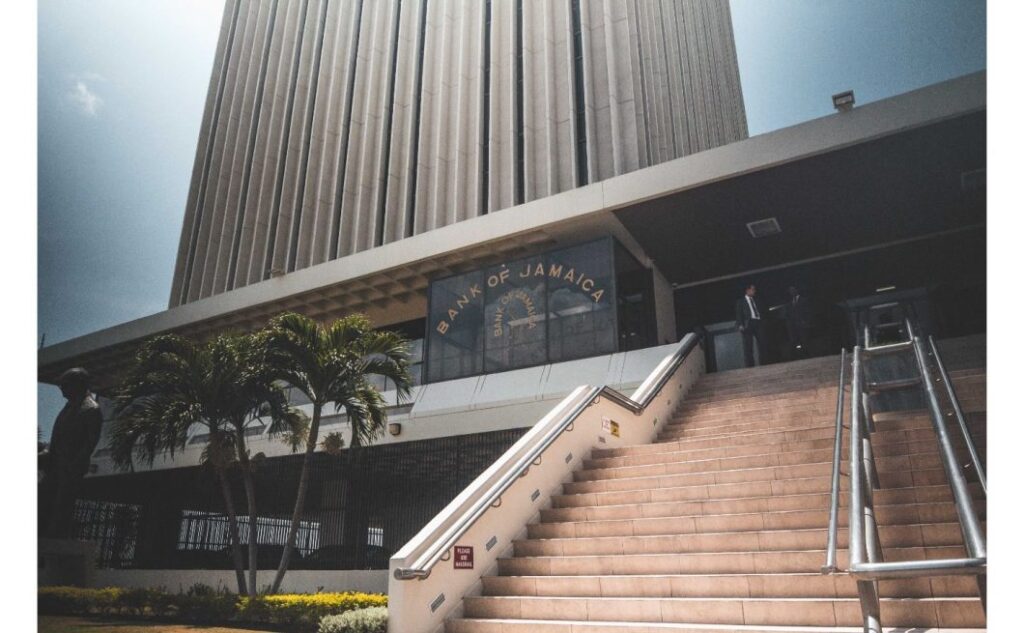
I remember asking the question of so-called financial wizards, what has allowed Barbados to keep its exchange rate at B$2 to US$1, and the Eastern Caribbean states pegged theirs at EC$265/270 to US$1 for over 30 years?
But then the usual cowardly way out is to say, well, you don’t know about financial affairs, including the effects of demand and supply, you don’t know about Central Banking, and all the highfalutin language is brought into play.
Surely, there must be a way to stop the further persecution of the Jamaican dollar from the financial oppressors. Talk to all the bright people want, whenever there is a devaluation, Jamaica suffers … no matter what tourism interests want to say.


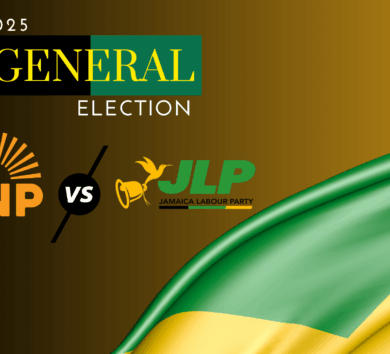
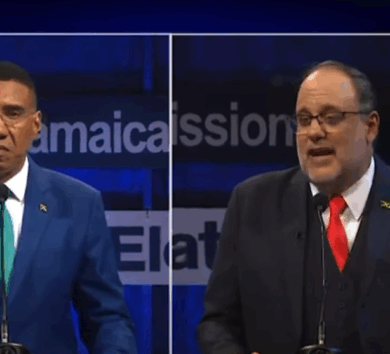

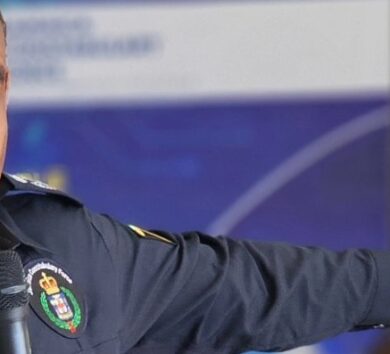
Comments